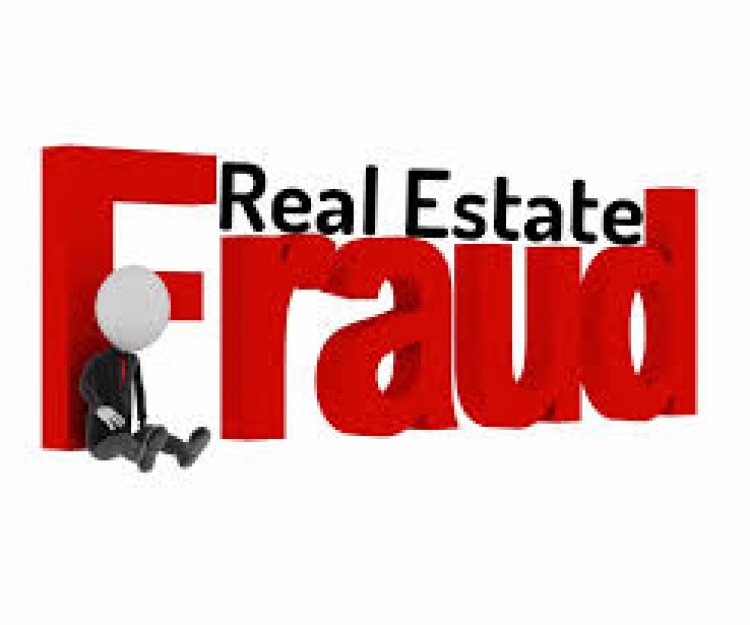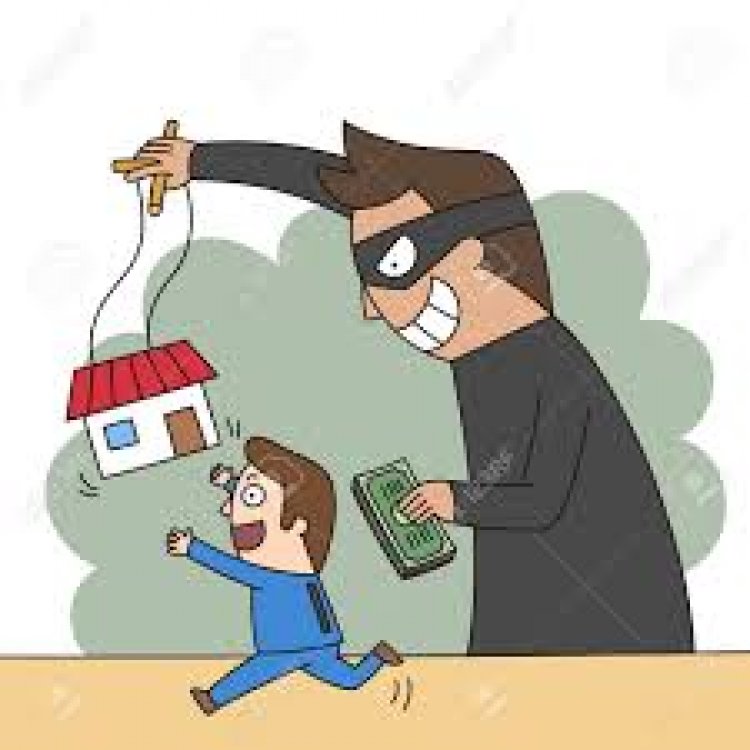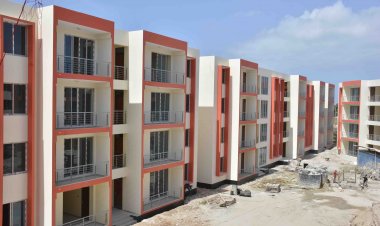Real Estate Fraud
It occurs when one person or party commits fraud in regard to the purchase, sale, rental or financing of real estate property. One party may falsely represent relevant information to the other party. The other party then acts on the false information, to their financial detriment.
This occurs in many contexts ranging from the appraisal of the project or property to the foreclosure proceeding. Therefore, at different stages fraud can find its way. Real estate fraud is a crime and may be punishable by a jail term or monetary fines or both.

Elements of Real Fraud.
- Real Estate fraud can’t be defined by various acts. These include:
- Foreclosure fraud
- Rent Skimming
- Forged deeds to documents
- Illegal property flipping
- Straw buyer schemes, and
- Predatory lending.
Who commits Real Estate Fraud?
Fraud can be committed by any party involved in the process.
Buyer
Many times, buyers will take loans to finance a property purchase. He may give false representation on the application to the lender-bank. This may include providing higher credit score, higher income than the actual, falsified paycheck stubs, using stolen Identity just to mention.
Seller
Sellers can commit real estate fraud before or during the closing process. Seller may provide misrepresented facts or commit vital information to a buyer about the house that the buyer relies on in making the purchase. For instance, failure to disclose a serious defect on a property which he is aware of and the buyer purchase the property in total reliance of the information provided.
Lender
Oftentimes, brokers and lenders commit fraud during the appraisal process. Real estate brokers and agents are paid on commission, they will value the property at higher prices to receive higher commissions.
Fraudulent acts exist in any market you only need to act ethically.





































